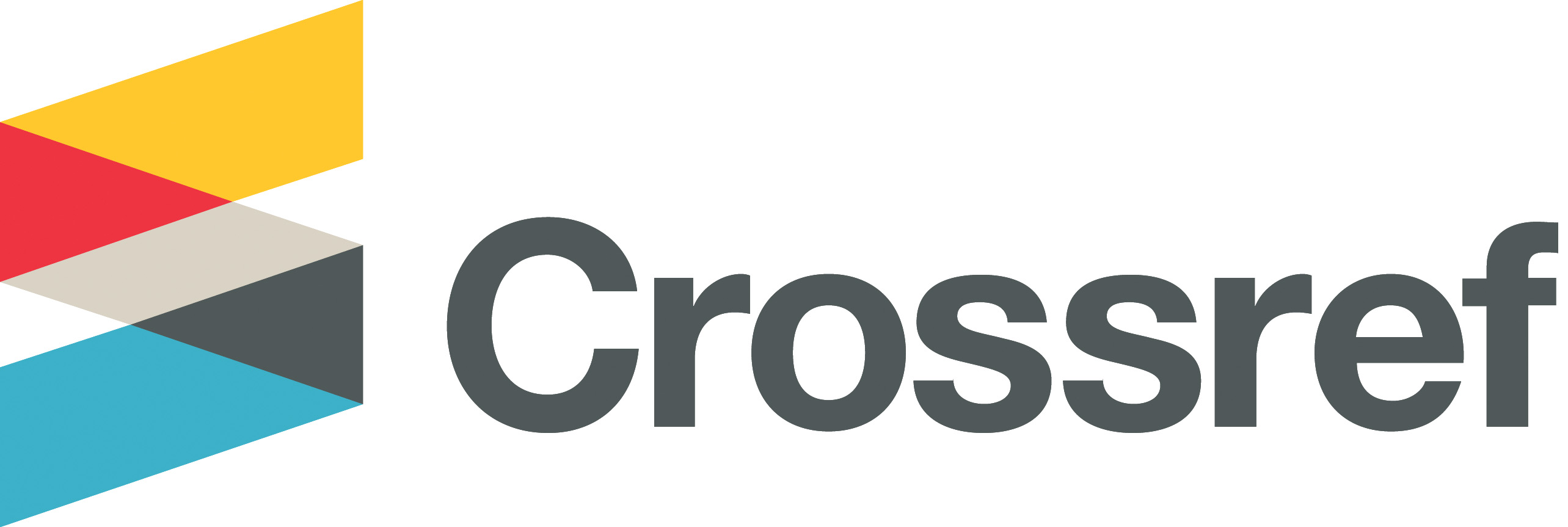About
Journal of ALBAHITH ALALAMI (ABAA) is a pioneering scientific, peer review, and refereed scholarly journal that provides an open forum for researchers, academics, and service providers in the fields of media, communication science, and journalism studies. It focuses on the role of new media, communication technologies, and the effect of representing information in various formats according to quality of service and experience. ABAA aims to provide state-of-the-art knowledge in all aspects of advanced multimedia communications technology. Special emphasis is given to interdisciplinary research.
The first issue was published in 2005 by the College of Mass Communication/ University of Baghdad. ABAA is a quarterly published journal (March, June, September, and December of the year), and it follows rigorous scientific arbitration procedures. Moreover, all of its content is openly accessible and free of charge.
ABAA journal publishes top academic research and is a space for qualified discussions aimed at elucidating the social and political dynamics prompted by media and journalism in contemporary society. The reflections contribute to a more profound and critical knowledge of the various factors, time periods, and impacts of the complex phenomena of communication. It seeks to bring together a variety of issues and approaches, from history to sociology, from law to economics, from practices to technologies and uses, and constitutes an element of reflection and debate within a vast community looking at the peculiarity of the fields of media and journalism.
ِ
Aims, Focus and Scope
Aims
Journal of ALBAHITH ALALAMI is an international scholarly refereed research journal that aims to promote scientific, legal, and policy aspects of media and communication science. The objectives of ABAA are two-folds:
- to disseminate research articles for further research, reference, and teaching purposes by students, researchers, academics, and industrialists and
- to address the growing need of societies for professionals, journalists, and policymakers who can apply best management practices drawn from various inter-disciplines, which may create a sustainable future.
Focus
Submitted manuscripts in order to be considered for publication, must be based on empirical or qualitative methodologies and must be original. We are particularly interested in research that makes a decisive and innovative contribution to the development of new methods of analysis, the application of theoretical models to empirical investigation, the discussion and application of heuristic concepts, the identification and analysis of emerging phenomena in the media field, while critically reflecting on the communicational and technological dynamics of contemporary society and launching new interpretations of media history.
Scope
Research and review papers from the communication sciences are accepted for submission with particular emphasis on media studies and journalism. Issues of particular interest to ABAA include:
- Media and social identities
- Journalism
- Radio and television press
- Public relations
- Democracy
- Media history and transformation
- Communication and journalism ethics
- Media economics and politics
- Modes and strategies of political and strategic communication
- Information technologies and innovation in the media and journalism
- New media forms of communication
- Journalists as an interpretive community
- Digital and transmedia literacy, and
- Media pluralism and digital practice
ABBA General information
| Key title (print) | ALBAHITH ALALAMI |
| Key title in original characters | الباحث الإعلامي |
| Print ISSN | 1995-8005 |
| Online ISSN | 2617-9318 |
| Title proper | ALBAHITH ALALAMI |
| Original alphabet of title | Arabic |
| Earliest publisher | College of Information - University of Baghdad |
| Earliest publisher (original) | College of Mass Communication/ University of Baghdad |
| Dates of publication: | 2005 |
| Frequency | Quarterly |
| Type of resource | Periodical |
| Country | Iraq |
Publication Periods
ABBA Journal is published four times a year.
Peer Review Process
Once an article is accepted by the Editorial Board, it will be submitted to two entrusted external reviewers. A third reviewer may be summoned if required. In light of advice received the Editorial Board may determine that the authors adopt the suggestions contained in them and, ultimately, may decline to accept the text.
Open Access Policy
The contents of this journal are available for instant free access. In order to democratize scientific knowledge, we firmly think that free and open access to scientific information is essential for such democratization.
Anti-plagiarism Policy
The manuscripts submitted to our journal will undergo investigation procedures for possible plagiarisms, before sending them to the blind review process. ABBA Journal repudiates any form of plagiarism and acknowledge that it is the responsibility of the author to guarantee the originality of his work, including the proper citation of sources. In the event of plagiarism verification, the paper will be immediately rejected.
ABBA uses Turnitin to identify and prevent plagiarism in submitted publications. Additionally, a double-blind peer-review process is used to assure high-quality publications.
ABBA Archiving
This journal utilizes the IASJ (Iraqi Academic Scientific Journals) system to create a distributed archiving system among participating libraries and allows them to create permanent archives of the journal for its preservation and restoration.













